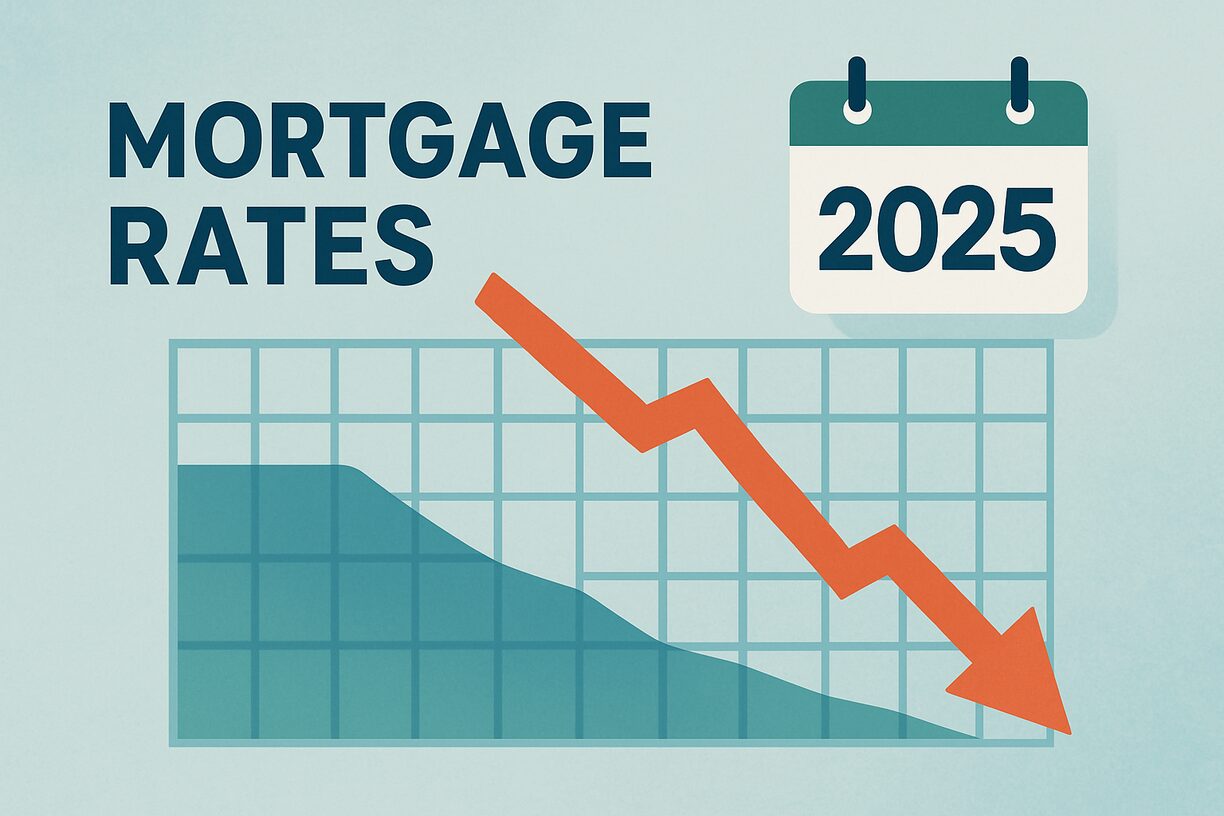What is Dual Agency in Real Estate
February 21, 2022

Everyone has heard the phrase “real estate agent,” but maybe a few understand what it means. Buying a home is a vast and lengthy procedure with a lot of paperwork; a real-estate agent walks you through the process and tries to secure the best deal from the seller or, on the other side, helps you get the highest price from the buyer. Agents can operate in various ways; some like to work in groups, while others prefer to work alone. Many large corporations hire real estate agents as well.
Single Agency Vs Dual Agency
The most popular type of agency in real estate is the single agency, in which both the buyer and seller use real estate agents, who negotiate and offer the best feasible price. This approach is widely used all around the world. In basic terms, a Single agency real estate agent represents only one side of the transaction, either the buyer or the seller.
Sometimes agents like to play with their options and the information they possess, deal with both seller and buyer of a property to get an additional benefit apart from their commission. When a real estate agent represents both the buyer as well as the seller for the same property transaction, it is called a dual agency.
The act of dual agency is not liked by different state laws like in Alaska, Florida, Texas, etc., and hence is banned.
Through this article, let’s read more about dual agency and the related information you need to know about it.
How does Dual Agency Work?
In a perfect world, both buyers and sellers struggle to find the right opportunity to buy or sell the property. Hiring real estate agents has made it a lot easier for them.
Buyers and sellers have the choice to make whether they want to go for a dual agent or not, understanding the consequences of doing so.
In case both parties are confident that their agent will be neutral, then the consent of both buyer and seller is taken along with necessary paperwork, and the agent becomes the dual agent and may have to sign a disclosure.
There are several scenarios where dual agency can happen:
- The dual agency usually occurs in a small area with limited agents. Here buyers have to settle down for a dual agency because there are not enough brokers in the area and not many options when it comes to real estate.
- Another place where a dual agency can be seen is an open house where the seller’s agent is the host. The agent keeps the records of all the potential buyers visiting the seller’s property. If a buyer is willing to purchase the property, they may hire the same agent, unaware of the future consequences.
- Many brokerage companies employ agents for the purchase and sale of properties. In some scenarios, when agents oppositely represent buyer and seller on behalf of the same company, dual agency occurs because both agents benefit the same company by competing with each other at the same brokerage.
Is Dual Agency being as bad as they say?
So far in this article, a dual agency in real estate has not made a good impression as this practice is banned and considered illegal at some places and sometimes can raise serious conflicts between the buyers and sellers.
But is it that bad? The question arises. There are good and bad of everything; the same goes with dual agency.
Pros:
-
Speeding up the entire process
As there is only one broker between the buyer and the seller, every step of the purchasing process picks up speed. There is less time taken in negotiation, paperwork, etc. In addition, a quick resolution for all the queries is provided to both parties as there is only one agent who has access to all the crucial information.
-
Not restricted to a single option
Having a dual agency opens the door to a world of possibilities for both parties. For example, if you are a seller, your broker’s co-workers will offer you, several buyers, for your property; the same is true for buyers.
-
Friendly to your pocket
In a single agency, the commission given by the seller is divided into two brokers, while in a dual agency, a single broker gets to keep all the commission; hence, the fees are reduced to a great extent.
Cons:
-
You don’t get 100% support from your broker
When a broker’s interest is divided between two parties, it’s impossible to prioritise any one of them. Hence, you have to do the negotiation and check your best interest; the broker will do the job of a messenger.
-
Less Advice
In general, we want our brokers to advise us on what is good for us and what is not, but in dual agency, you don’t have that luxury because the broker might be loyal to any one party and can’t advise too much, risking losing their other clients.

Hello! I’m Jay Thomas, a REALTOR in Houston, Texas. Chances are you and I share a similar passion, Real Estate! I also have a passion for building businesses, working out, inspiring others, technology, sports, and people. Connect with me on Facebook and Instagram!
Hello! I'm Jay Thomas,






